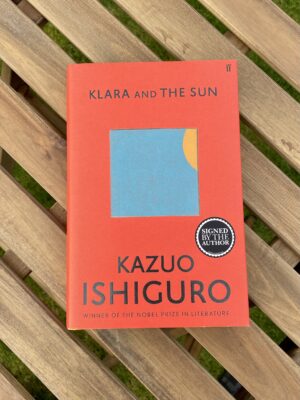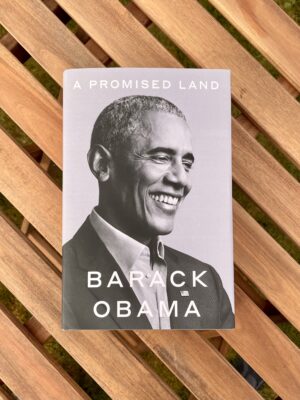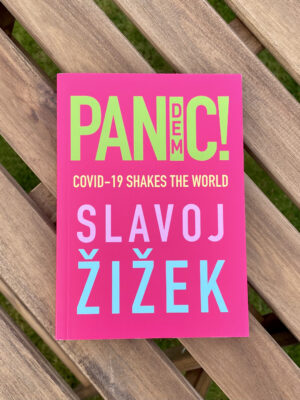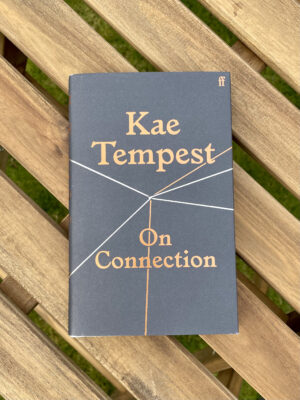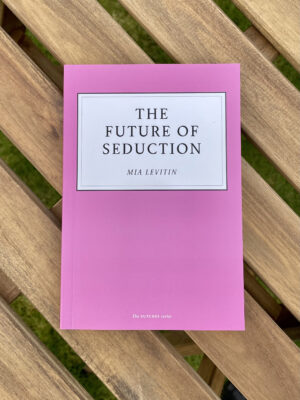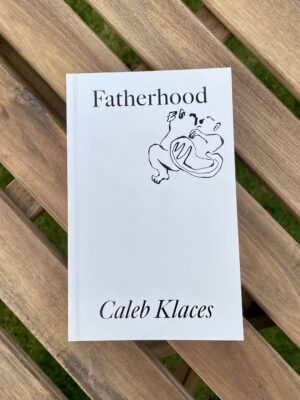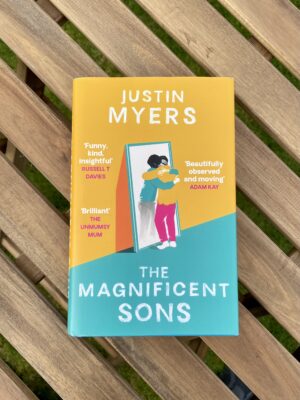What I’ve been reading this month
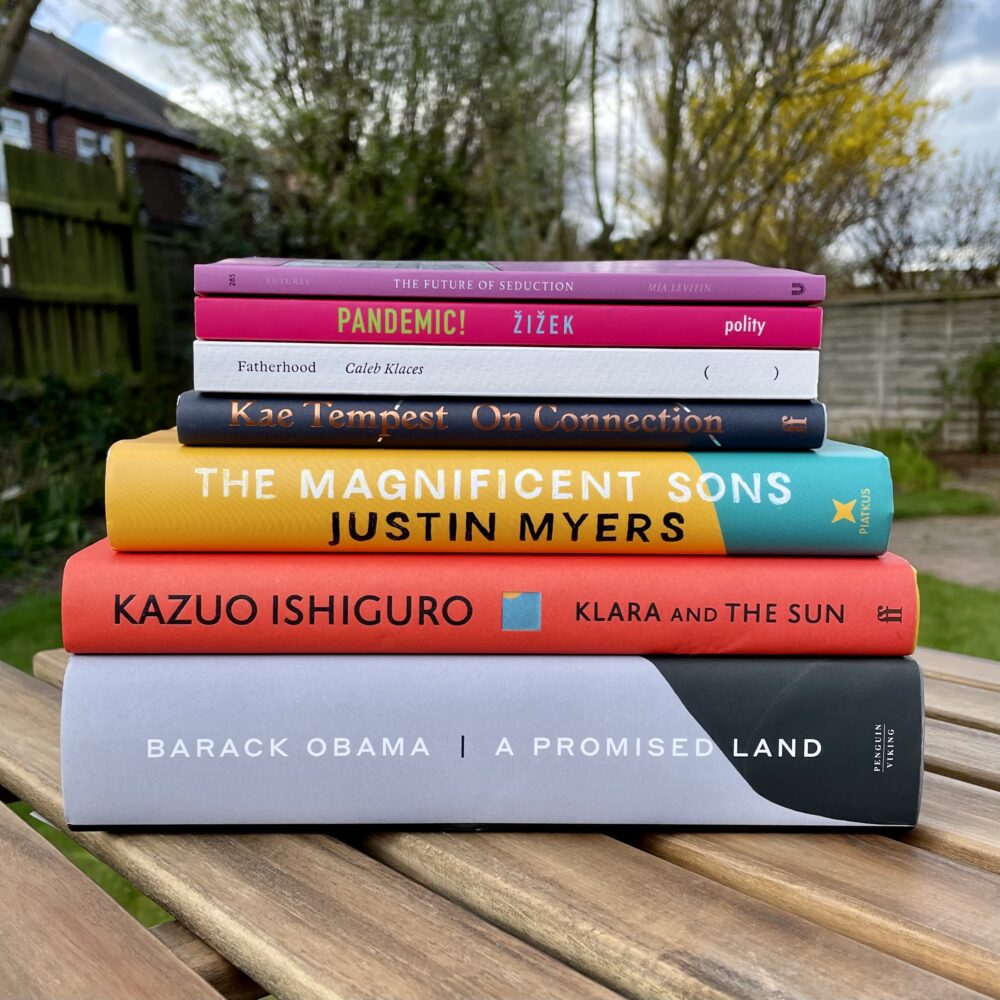
As the daylight has begun to stretch into the evening, I’ve read seven books this month.
Klara and The Sun by Kazuo Ishiguro
This is Ishiguro’s recently published novel set in the near future (or perhaps an alternative present). It is narrated by an “AF” called Klara, a solar powered artificially intelligent robot of sorts who is bought to be a companion for an unwell child, Josie.
Like all of the Ishiguro novels I’ve read, I absolutely loved this. As in Never Let Me Go, Ishiguro makes deft use of science fiction themes to explore universal experiences and emotions, and avoids getting drawn into the “science” bit (we don’t really know what sort of technology powers AFs, for example). This novel explores all sorts of questions: the universal aspects of the life course; the nature of religion; the meaning of service; the lifelong impact of childhood inequality; the fundamentals of the human condition; the meaning of friendship and love. As with his other novels, Ishiguro explores all of this gently rather than forcefully.
Honestly, to me Ishiguro is one of those authors who could spin a thoughtful and spellbinding novel out of a telephone directory.
This was brilliant.
A Promised Land by Barack Obama
This first part of Obama’s Presidential memoir covers his political life up to the point of election to the Presidency, and his first term through to May 2011. For me, it was a Christmas present from mum and dad.
It is nothing short of exceptional. Obama has a rare talent for prose that is both readable and elegant: quite apart from his extraordinary experience, he is a truly gifted writer. He deftly combines everything from personal anecdote to political theory and from introspective reflection to lessons on statecraft to essentially spin a really gripping yarn, which also provides deep insight into what it is like to be a President of the United States.
Obama’s much-expressed and clearly deeply-felt frustration with the Republican Party and the early ascendency in the political sphere of Trump portends a rather darker second volume. As I will definitely be reading it, I’ll be interested to see whether that can be as inspiring and hopeful as this volume, despite the different circumstances.
Pandemic! by Slavoj Žižek
Published in April last year (which we now know to be fairly early on in our collective experience of COVID-19), this is Žižek’s short (146 pages) philosophical reflection on the pandemic.
It was clearly written quickly, and include things that would usually be very irritating (some long quotes from Wikipedia, for example). However, I really enjoyed looking at something which has consumed my work and personal life for more than a year from a different perspective.
I found it fun and refreshing.
On Connection by Kae Tempest
Published last year, this is an extended reflection (144 pages) by poet Kae Tempest on the importance of “connection” which is defined as “the feeling of landing in the present tense. Fully immersed in whatever occupies you, paying close attention to the details of experience.” This sounds similar to “mindfulness” yet Tempest’s discussion seems to have an added element of human connection to it, and recognises the importance of creativity in bringing people together and finding common ground.
I came across this through some Faber Members marketing, and I found it insightful, perceptive and timely. I hadn’t come across Tempest’s work previously, but will seek it out having read this. It was well worth the small time commitment given its short length, particularly to gain a new perspective on the impact of covid-19.
The Future of Seduction by Mia Levitin
This is the fourth I’ve read in Tortoise Media’s five-book FUTURES series published last year, which is a modern day attempt to follow in the footsteps of the 1920s series of To-Day and To-Morrow essays.
Levitin’s 60-page essay concerns the future of seduction, though is really mostly about dating in the modern world. As Wendy and I have been together for the better part of 17 years, the world of dating apps has really passed both of us by. I remember learning the hard way that it had passed into the mainstream after making a comment to a colleague about it being “geeky” about a decade ago, only to hear that she had met her husband online.
All of which is to say… this book was an education. Whoever knew the difference between Bumble and Tinder? Who knew that most people just chat on these services? Who knew that “progressing to WhatsApp” was a stage of a relationship?
I’m not sure I really needed to know any of this, but it was eye-opening!
Fatherhood by Caleb Klaces
This is Caleb Klaces’s 2019 ‘experimental’ novel combining prose and poetry. It concerns a young couple moving to the countryside following the birth of their first child, with the father taking on much of the childcare responsibility.
To me, the experimental form (shifting between history, biography, poetry, stream of consciousness, memory, and probably other things too) was a bit beyond me, and a bit of a barrier. This is probably in part because this isn’t the sort of thing I usually read. There were bits of observation and philosophy that made me think in this novel, but the whole just wasn’t up my street.
The Magnificent Sons by Justin Myers
I picked up Justin Myers’s novel as it was recommended somewhere or other as a good option for those who enjoyed Exciting Times, which I read and recommended last summer. From my perspective, this was a bad recommendation as I felt the two books had very little in common.
Exciting Times is a literary love story filled with warmth and wit, whose central character happens to be bisexual. The Magnificent Sons is a modern melodramatic Bildungsroman focussed on a bisexual man coming to terms with his sexuality. The very positive reviews for The Magnificent Sons speak to the fact that it is an accomplished work, but it’s really just not up my street.
I was a little distracted by poor editing (the relocation of the Canadian National Tower to Seattle was one of the less forgivable errors) and some of the idioms were a little too wild for me (emotional pain that “hurts harder than Lego underfoot” or a character “retreating to their mental holodeck”). I had also expected more reflection on and development of the fraternal relationship given the title. But the real point is that I probably noticed these “flaws” because this book just wasn’t my kind of thing, rather than them being major issues. This sort of dialogue-driven sentimental story contained mostly within a small friendship group just doesn’t do it for me.
But, by all accounts, if this is the sort of thing you like, you’ll probably like it a lot, so please don’t let this put you off.
This post was filed under: What I've Been Reading, Barack Obama, Caleb Klaces, Justin Myers, Kae Tempest, Kazuo Ishiguro, Mia Levitin, Slavoj Žižek.
